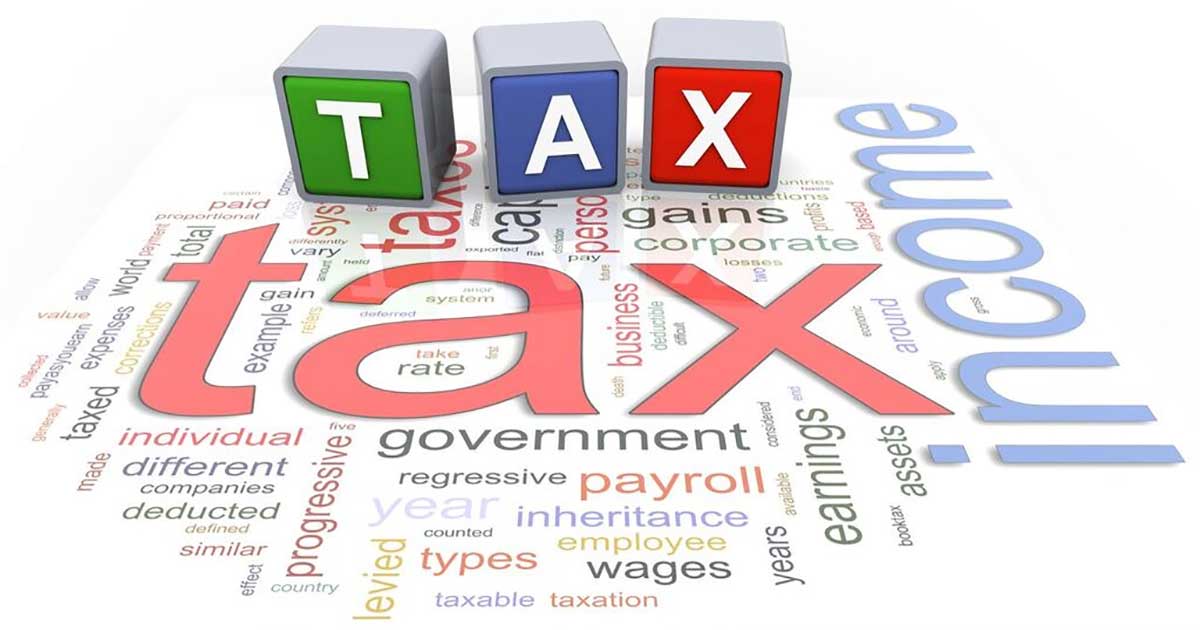After the implementation of complex Goods and Services Tax (GST) Regime in India, now the Narendra Modi Government is working on bringing changes in respect of the direct tax. A panel of six members has been formulated by the government to review the 50-year old income tax law, keeping in mind the economic requirements of the country.
While attending the annual conference of tax officers which was conducted on 1st and 2nd September, the Prime Minister Narendra Modi said that it has been nearly more than 50 years since Income Tax Act was implemented in the country and now there is a requirement to redraft the Income-tax law.
According to a statement of Finance Ministry, “Accordingly, in order to review the Act and to draft a new direct tax law in consonance with economic needs of the country, the government has constituted a task force.” Arvind Subramanian, Chief Economic Advisor will be a permanent special invitee of the panel.
A panel of six members has been formed, It is chaired by Arbind Modi, who is a member of Central Board of Direct Taxes (CBDT), and other members of the panel include – Girish Ahuja (chartered accountant), Rajiv Memani (chairman and regional managing partner of EY) and Mansi Kedia (consultant, Indian Council for Research on International Economic Relations), Mukesh Patel (Practicing Tax Advocate) and G C Srivastava (retired IRS and Advocate). The members of the panel will have to submit its report to the government within six months.
Read Also: Revised GST Slab Rates in India 2017 Finalized by the GST Council
According to a statement released by the Union Finance Ministry – the task force will have to focus on four issues while redrafting the tax laws. The issues include – direct tax laws prevalent in other countries, economic needs of the country, incorporating international best practices and other related issues.
Eight years ago, the UPA government came up with a Direct Taxes Code (DTC) and a bill was presented in the Parliament in 2010. But, the bill was not passed by the 15th Lok Sabha in 2014, although, some of its provisions had been merged in subsequent central budgets.
The DTC Bill had recommended the annual exemption limit of Rs 2 lakh and imposing a 10 percent tax rate on earnings between Rs 2 – 5 lakh, 20 percent on Rs 5 to 10 lakh and 30 percent on more than Rs 10 lakh. For domestic businesses, tax rates were recommended at 30 percent on business income. Currently, annual income up to Rs 2.5 lakh per annum is exempted from tax for individuals.
Recommended: Must Read: Major Changes in Income Tax Laws from FY 2017-18
Tax consultant Naveen Wadhwa said, “Most of the provisions of the current income tax law are now settled and clear. Instead of changing the entire law, the government should consider modifying the existing law so that the disputable provisions and litigations could be minimised.” He further added, “The direct tax code advocated the removal of profit-linked deductions, which have already been announced under the income tax act.”
